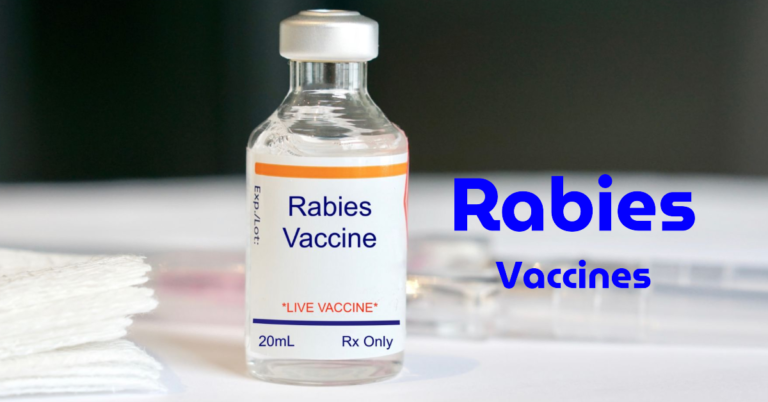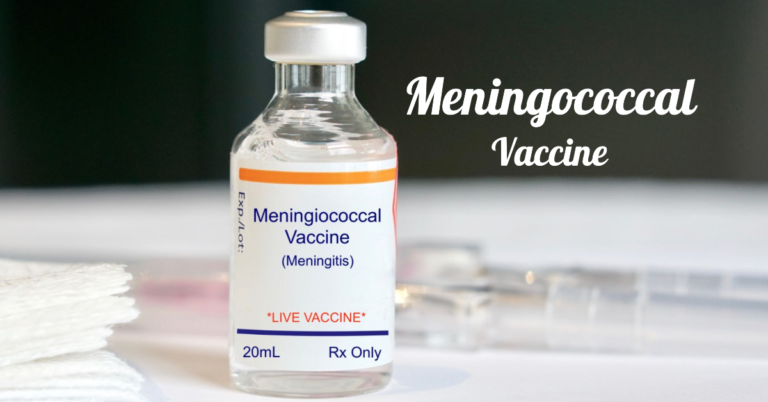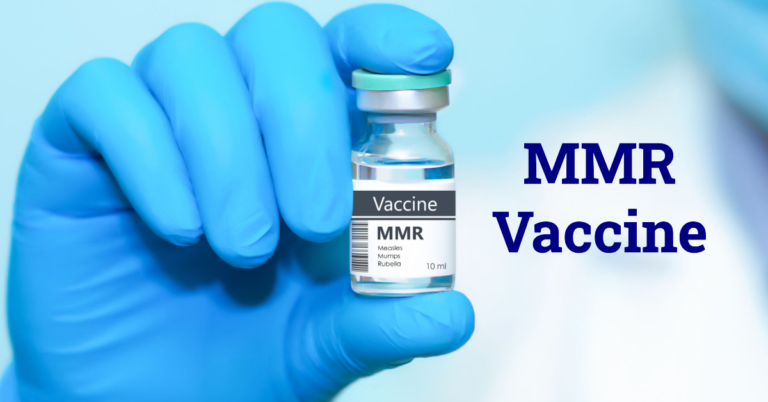As we grow older, our immune systems naturally weaken, increasing the risk of infections and illnesses. For adults over 65, the chance of developing pneumonia—a serious lung infection—becomes significantly higher. The pneumococcal vaccine plays a vital role in protecting against pneumonia and other severe infections caused by Streptococcus pneumoniae bacteria. Whether for yourself or a loved one, understanding the benefits of this vaccine could be one of the most impactful steps toward better health this year.
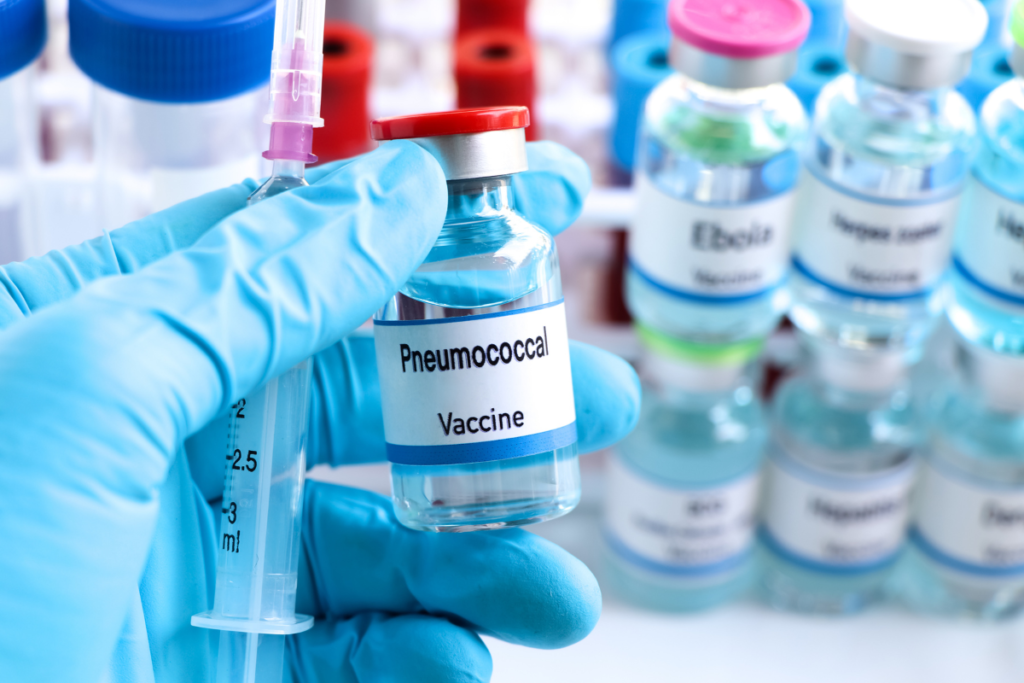
What is Pneumonia, and Why Are Seniors at Risk?
Pneumonia is a lung infection that ranges from mild to life-threatening, especially for older adults. Consider Bob, a 72-year-old retiree who loves gardening and spending time with his grandchildren. Last winter, Bob caught what seemed like a regular cold. However, his symptoms worsened—high fever, chest pain, a persistent cough, and shortness of breath. A doctor diagnosed him with pneumonia. Bob spent two weeks recovering and dealt with months of fatigue afterward. Stories like Bob’s are common among older adults.
The Centers for Disease Control and Prevention (CDC) states that people aged 65 and older are at higher risk of severe illness, hospitalization, and even death from pneumonia. The immune system weakens with age, making it harder to fight infections. Chronic health conditions like diabetes, heart disease, or respiratory issues can further increase the severity of illnesses like pneumonia.
The Pneumococcal Vaccine: A Key Preventative Tool for Seniors
The pneumococcal vaccine helps prevent infections caused by Streptococcus pneumoniae bacteria. These bacteria lead to pneumonia, meningitis, bloodstream infections, and sinus infections. In older adults, these conditions often cause serious complications, lengthy recovery periods, or long-term health problems.
Vaccination lowers the risk of pneumonia and helps older adults avoid hospital stays. It also helps them maintain their quality of life. The CDC reports that pneumococcal vaccination reduces pneumonia-related hospitalizations among older adults. This makes it a critical step in protecting their health.
Read more
The Two Types of Pneumococcal Vaccines: PCV13 and PPSV23
Understanding the two types of pneumococcal vaccines—PCV13 and PPSV23—is essential for older adults considering vaccination.
- PCV13 (Pneumococcal Conjugate Vaccine): This vaccine protects against 13 types of pneumococcal bacteria. It is primarily recommended for children and adults with certain medical conditions.
- PPSV23 (Pneumococcal Polysaccharide Vaccine): Covering 23 types of pneumococcal bacteria, PPSV23 offers broader protection. It is especially recommended for adults aged 65 and older.
Some older adults may benefit from receiving both vaccines since each provides unique coverage. Your healthcare provider can suggest the most suitable vaccination schedule based on your health history and risk factors. For more details, the CDC’s guide on pneumococcal vaccination recommendations can help you make an informed decision.
Why the Pneumococcal Vaccine Matters: Real-Life Benefits
The pneumococcal vaccine for older adults is more than just a shot—it’s a tool for staying healthy, active, and independent. Consider Sarah, a 70-year-old who loves hiking and volunteer work. Before her vaccination, Sarah had been hospitalized twice in three years due to respiratory infections. After receiving the pneumococcal vaccine, she avoided serious illness and continued her activities without disruption. For Sarah, the vaccine provided freedom from constant worry about her health.
On a larger scale, studies show that vaccinated older adults are less likely to require hospitalization. If they do get sick, their recovery times are shorter. Vaccination not only protects physical health but also provides peace of mind. The American Lung Association emphasizes that pneumococcal vaccines reduce the risk of severe illness and help prevent the spread of disease to others in the community.

Who Should Get the Pneumococcal Vaccine?
The pneumococcal vaccine is recommended for:
- All adults aged 65 and older
- Adults younger than 65 with specific health conditions, such as chronic heart, lung, or liver disease, diabetes, or a weakened immune system
If you’re unsure whether you or your loved ones need the vaccine, the National Foundation for Infectious Diseases provides helpful details on eligibility, schedules, and safety. A conversation with your healthcare provider can address your questions and ensure you get the protection you need.
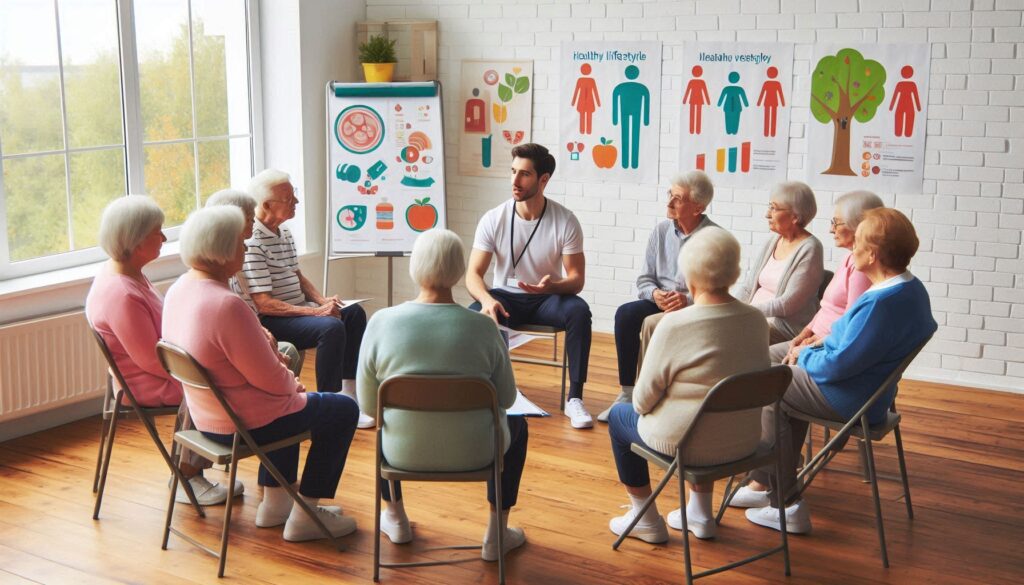
Common Concerns and Questions about the Pneumococcal Vaccine for Seniors
How quickly does the vaccine work?
The vaccine takes about two weeks to build immunity. It’s best to get vaccinated before winter or flu season when respiratory infections are more common.
Can I still get pneumonia after vaccination?
The vaccine doesn’t provide complete immunity, but vaccinated individuals who get pneumonia usually experience milder symptoms and recover faster.
Is the pneumococcal vaccine the same as the flu vaccine?
No. The pneumococcal vaccine protects against bacterial infections, while the flu vaccine targets the influenza virus. Both vaccines are essential for older adults as they protect against different illnesses.
How often do seniors need the pneumococcal vaccine?
Most seniors need only one dose of PPSV23. In some cases, additional doses may be necessary. Your doctor can recommend a schedule based on your health needs.
Getting the Pneumococcal Vaccine: Where and How
Getting the pneumococcal vaccine is simple and widely available. Primary care providers, health clinics, and pharmacies like Walgreens and CVS offer the vaccine. Medicare typically covers the cost, and most private insurance plans do as well.
Taking the step to get vaccinated isn’t just about avoiding illness. It’s about staying independent, active, and out of the hospital. The CDC provides additional resources on vaccination coverage and access to make the process easier.
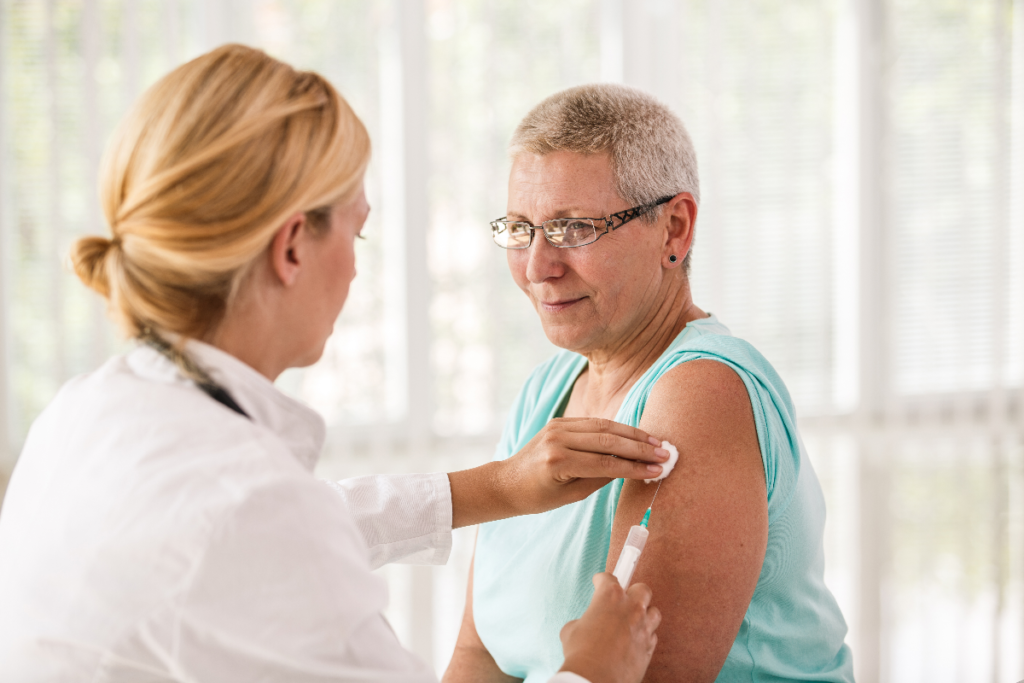
The Bigger Picture: Protecting Seniors and the Community
When older adults get vaccinated, they protect not only themselves but also those around them. Pneumococcal disease spreads through respiratory droplets, so each vaccinated person reduces the risk for family members, caregivers, and friends. In nursing homes and community spaces where older adults gather, vaccination significantly lowers the chances of outbreaks.
Real Stories: Peace of Mind Through Prevention
Ann, a 68-year-old retiree, enjoys spending time at her local senior center. After hearing about a friend’s battle with pneumonia, she decided to get vaccinated. “I didn’t want to take any chances,” Ann says. “Now, I feel more confident spending time with friends and volunteering.” For Ann, the vaccine was a way to safeguard her quality of life and reduce her worries about illness.
Mark, a grandfather, also made the decision after encouragement from his daughter. “I want to be there for my grandkids,” he explains. “Getting the vaccine was a small step that brought me great peace of mind.”
These stories highlight how vaccination empowers older adults to stay engaged in the activities they love without fear of illness.
A Small Step for Lifelong Health
Taking charge of your health means making informed choices, like getting the pneumococcal vaccine. This simple step protects against pneumonia and other infections, helping older adults stay active, reduce hospital visits, and enjoy life to the fullest.
Don’t wait until illness strikes to prioritize prevention. If you or a loved one qualify, consult your healthcare provider, visit a local pharmacy, or explore the CDC’s vaccination resources today. One small decision can make a big difference in keeping you healthy, independent, and well.


